Si3N4 Ceramic Bearings & Electric Vehicle Industry
For the sake of environmental protection, the electric vehicle industry has been growing rapidly in recent years. The electric vehicles in China reached 2.132 million in 2021. Compared to 418,000 units in 2016, the production of electric vehicles has increased about 5.1 times in just 5 years.
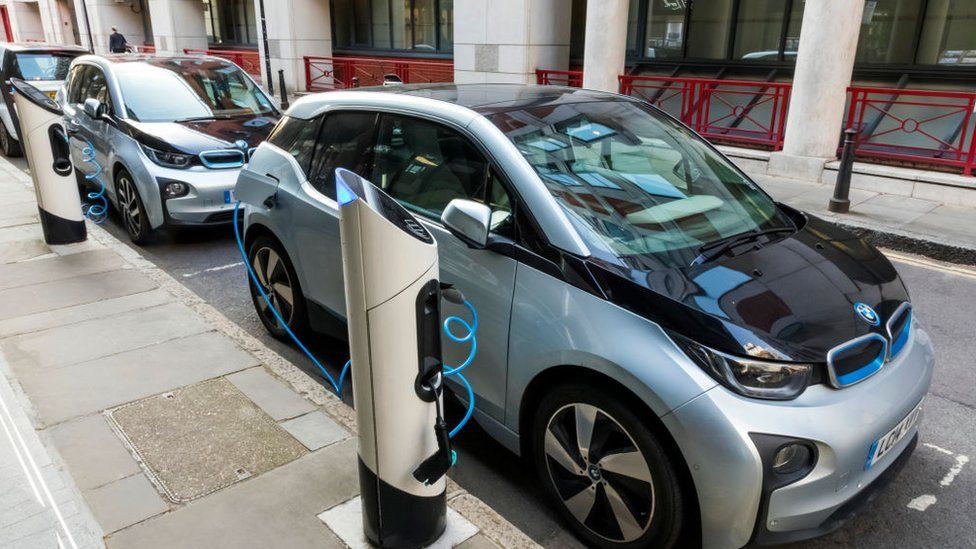
The biggest difference between electric cars and traditional fuel cars is the power system. The fuel car system contains a large number of moving parts, such as gears, pistons, valves and crankshafts, etc. Its working principle is the fuel burns and generates power in the internal-combustion engine, and its process is controlled by the transmission. On the contrary, the electric car system uses the vehicle power, and is driven by the electric motor and its speed is controlled by the governor.
As is known, the more moving parts in the fuel system, the more parts that might cause wear and tear and even might lead to vehicle failure. In contrast, the electric vehicle system has fewer moving parts, and its most important moving part is the bearing ball used on the motor shaft. Thus, from this point of view, the electric car system is superior to the conventional fuel car system. Furthermore, for electric cars, the quality of the bearings on the motor shaft directly determines the performance of electric cars.
In general, conventional bearing balls and rollers on the motor shafts are made of steel in electric cars. However, there is a better option. Ceramic bearings, either hybrid ceramic bearings combined ceramic balls with steel raceways or pure ceramic bearings, are the first priority. In particular, Silicon Nitride (Si3N4) ceramic bearings will be the icing on the cake for the electric car industry.
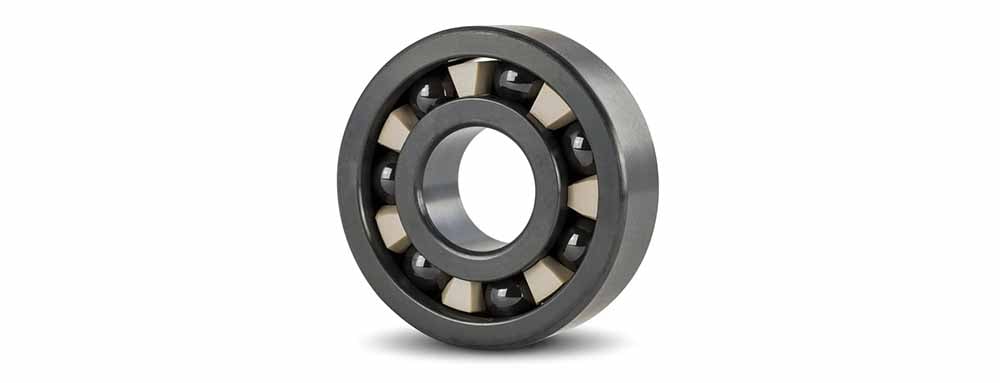
As far as ceramic bearings made of Si3N4 are concerned, Lily has more than 20 years of manufacturing experience. During the process of making ceramic balls, researchers formulated unprocessed Silicon Nitride (Si3N4) powder and carefully studied its properties including particle sizes, density, symmetry as well as moisture,etc. After the addition of some chemical binder, the powder was formed into blanks before proceeding to grinding, tumbling and polishing. The balls were subjected to a process called “hot isostatic pressing(HIP)”, which uses a simultaneous application of pressure and heat. Such kind of process can improve the hardness and toughness of ceramic bearings and help prevent the fatigue of rolling contact.
Due to this process, ceramic bearings are not easily to chip, fracture, or fail, even under extreme conditions. They are regarded as “aerospace-grade”. As a matter of fact, ceramic material itself plays an important part. It has clear advantages that other materials do not have. Therefore, ceramic bearings have characters of light weight, high speed, high rigidity and high intensity, corrosion resistance, low friction, anti-magnetic, electricity insulation, vacuum and so on.
As for electric cars, the selection of ceramic bearings is mainly reflected in the following aspects.
1. Light-weight
When it comes to bearings, the lighter the better. Ceramic bearings of Si3N4 are the best choice. The weight of Si3N4 is lighter than steel and ceramic bearing races are less than half the weight of steel. As for electric vehicle engineers, they prefer lighter-weight bearings.
2. High rigidity & high intensity
Ceramic bearing are not only lighter than steel and they are stronger and harder. Ceramic bearings are twice as hard as steel bearings, more than 60% harder than steel bearings, and less prone to deformation. This is a good point when it comes to bearing life and bearing efficiency.
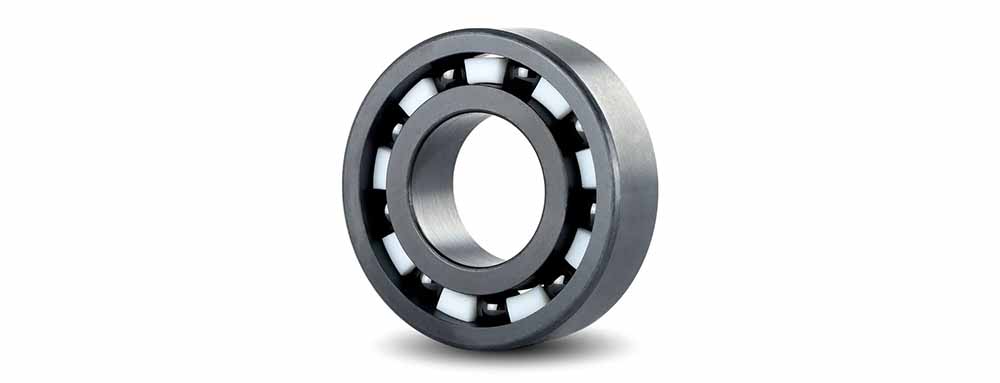
3. low friction
Compared to steel bearings, the balls in ceramic bearings made of Si3N4 generate less friction and less heat within the bearing assembly. This means that they require less lubricant, less wear, less raceway stress and lower operating temperatures.
4. High temperature resistant
Ceramic bearings can also withstand high temperatures. Even if they operate at temperatures up to more than 1,000°C, they cannot produce expansion caused by extremely high temperature. Such high temperatures far exceed the requirements of automotive operation.
5. Electricity insulation
For electric vehicles, another advantage of Si3N4 ceramic bearings, and arguably one of the biggest one, is the electricity insulation. The current can accelerate the bearing failure, and thus bearing materials can avoid unnecessary bearing failure if they are electrically resistant. As is known, Silicon Nitride (Si3N4) is electrically resistant, which is usually a benefit in almost all bearing applications. When high voltage from automobiles tracts motors, electrical pitting can easily occur inside the bearing due to current leakage, which can eventually lead to early failure. If steel bearings are used, the only option is to coat the steel with an insulating material, which adds complexity to the manufacturing process and presents the opportunity for creating contamination. Automotive mass and volume don’t allow for complex manufacturing processes, therefore, Si3N4 ceramic bearings become the first choice. Besides, silicon nitride has the property of being built into the material.
6. longevity
Compared with steel bearings, ceramic bearings have a longer service life. Ceramic bearings can avoid high costs and unnecessary waste of frequent replacement of steel bearings. For electric vehicles, ceramic bearings can maintain and extend the service life of the vehicle and obtain longer journey.
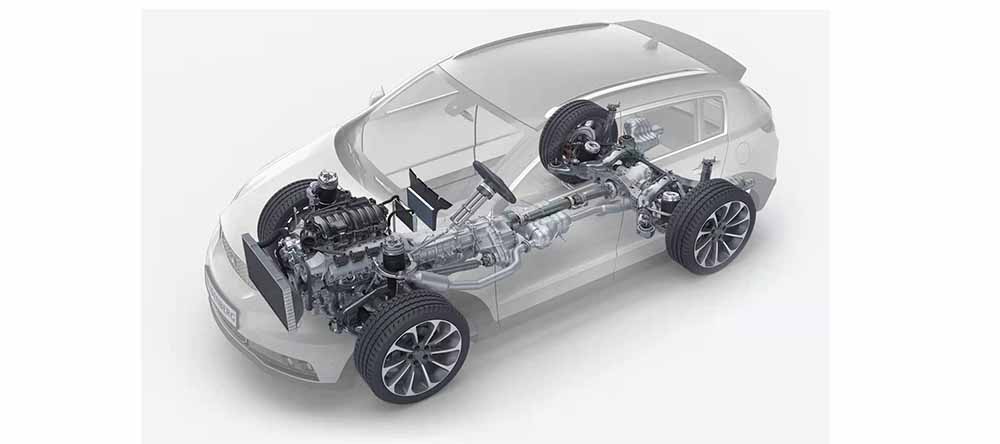
In a word, Si3N4 ceramic bearings can greatly promote the long-term, and healthy development of the electric vehicle industry due to their material advantages.
CATEGORIES
- Miniature Bearings(2)
- Thin Section Bearings(1)
- Ceramic Bearings(7)
- Stainless Steel Bearings(3)
- Needle Roller Bearings(3)
- Spherical Roller Bearings(1)
- Thrust Ball Bearings(2)
- Roller Bearings(1)
- Tapered Roller Bearings(2)
- Slewing Ring Bearings(2)
- Angular Contact Ball Bearings(1)
- Sleeve Bearings(1)
- Others(44)
- Low Temperature Bearings(1)
- Ball Bearings(9)
- Bearing Load(4)
- Bearing Components(1)
- Types of Bearings(4)
- Thrust Bearings(1)
- Bearing Technical Knowledge(20)
- Aerospace Bearings(2)
- Polyurethane Rollers(2)
- Cam Follower(3)
- Linear Bearings(1)
- Spherical Bearings(1)
LATEST ARTICLES
-
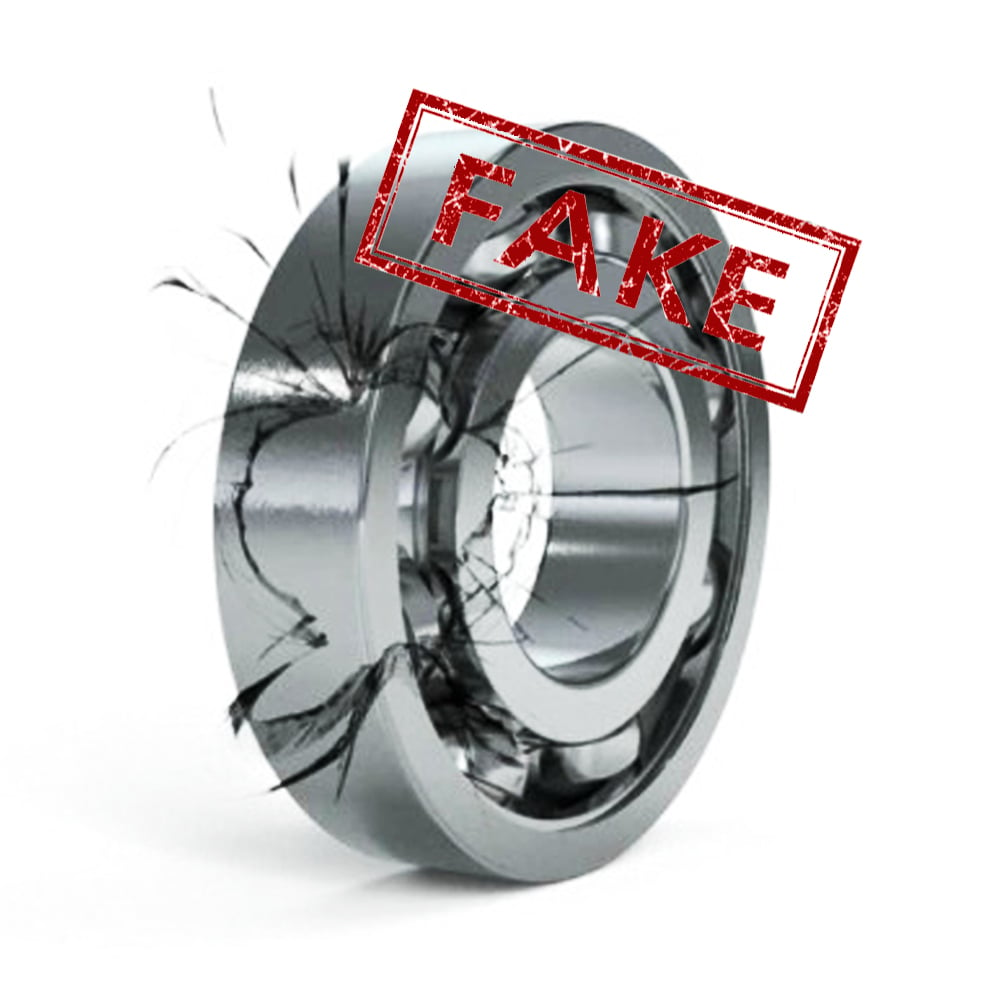 The Impact of Counterfeit Bearings On the Industry and How to Avoid Them
The Impact of Counterfeit Bearings On the Industry and How to Avoid Them -
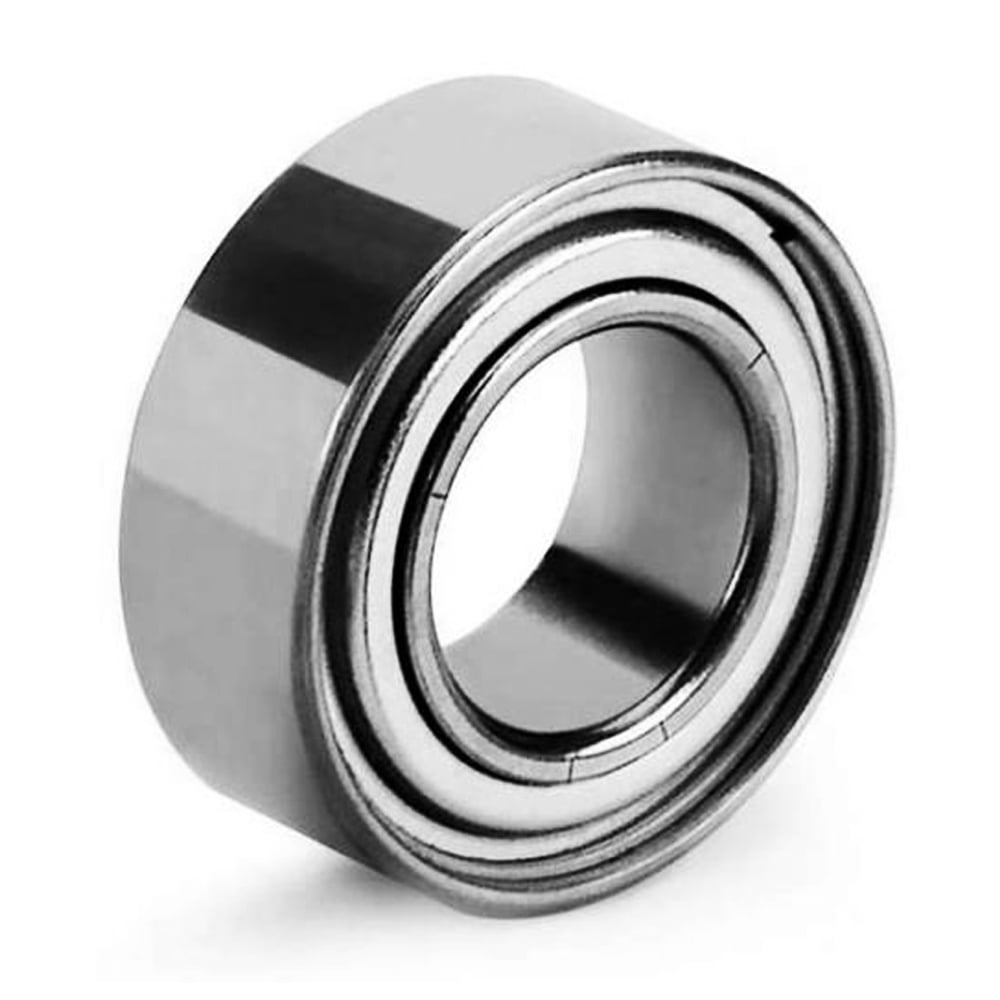 Chrome Steel vs. Stainless Steel Bearings: Which Do You Need?
Chrome Steel vs. Stainless Steel Bearings: Which Do You Need? -
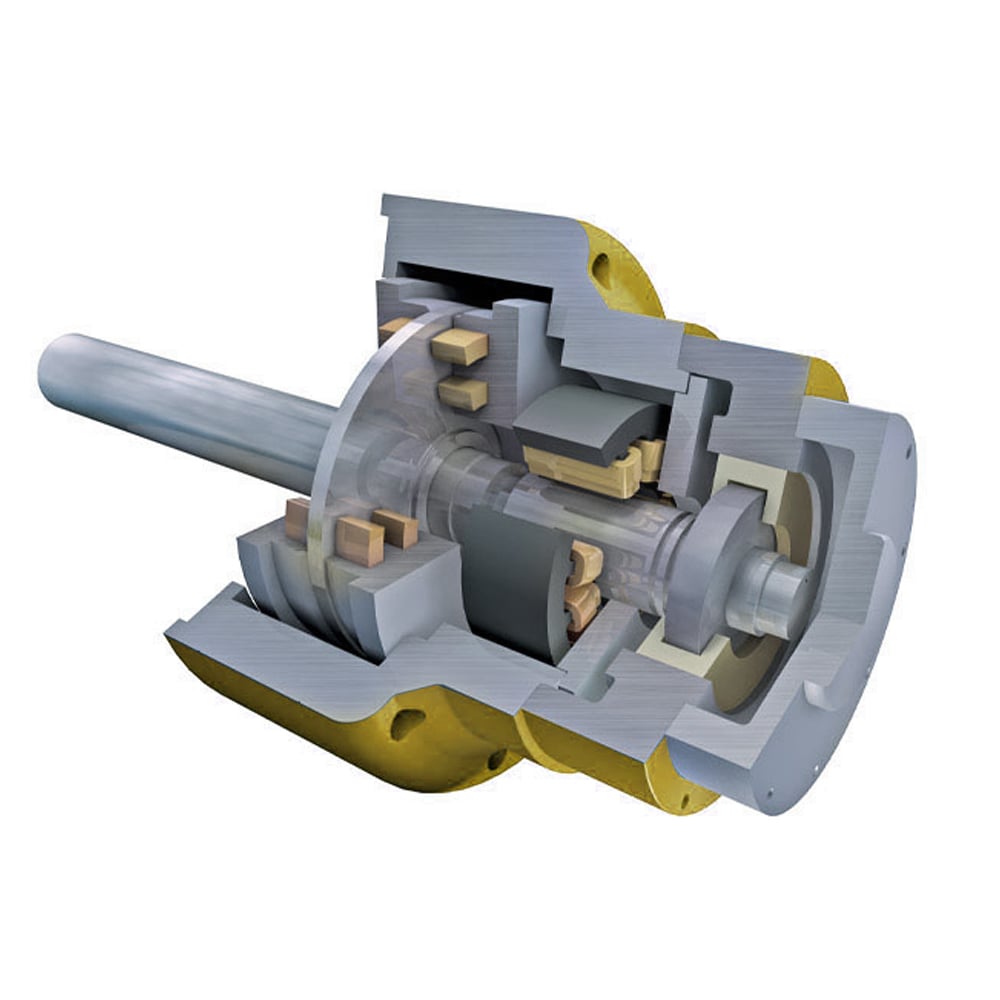 Magnetic Bearings: What They Are & How They Work
Magnetic Bearings: What They Are & How They Work -
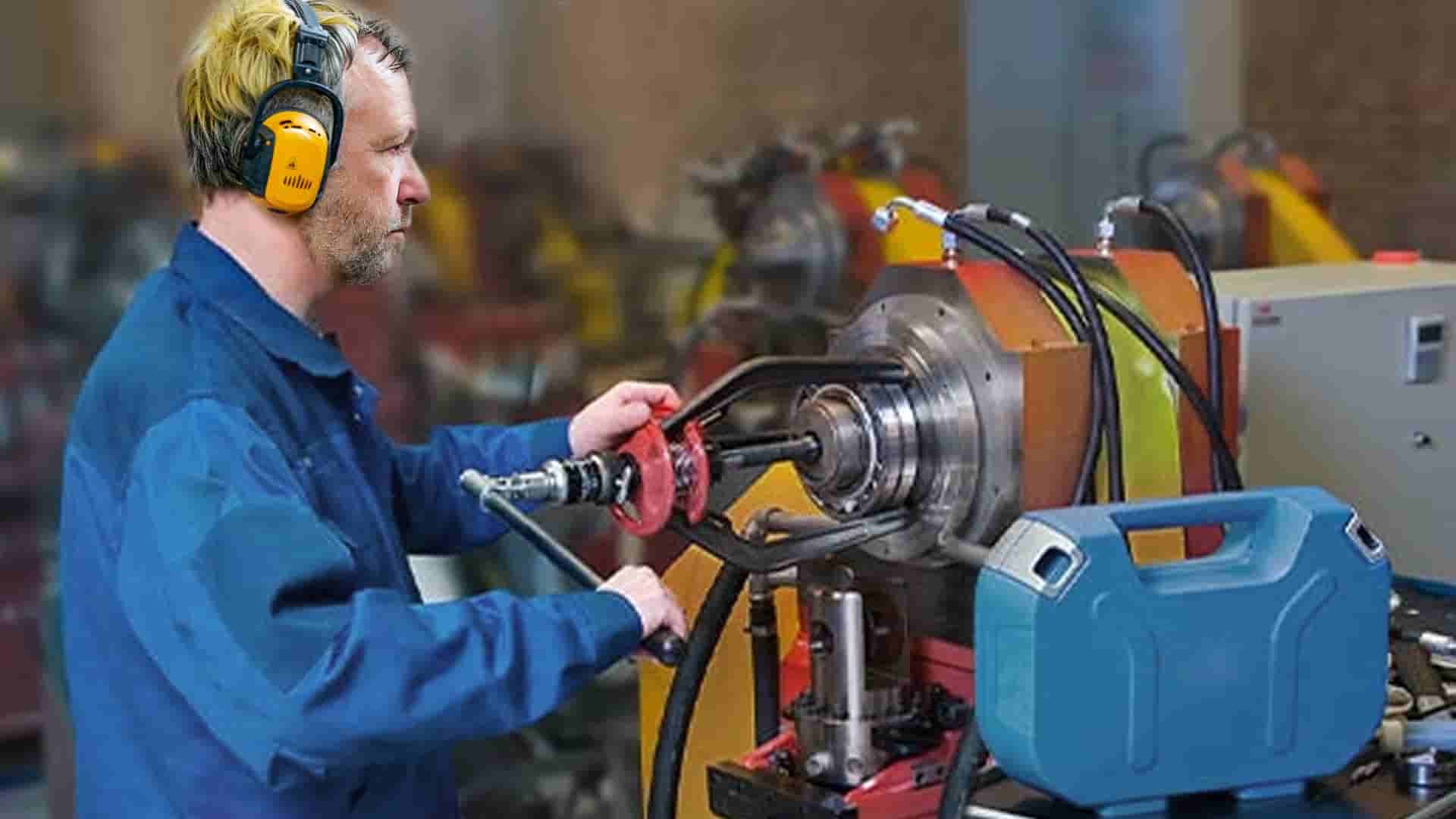 Expert Tips On Installing & Removing Bearings for Industry Professionals
Expert Tips On Installing & Removing Bearings for Industry Professionals -
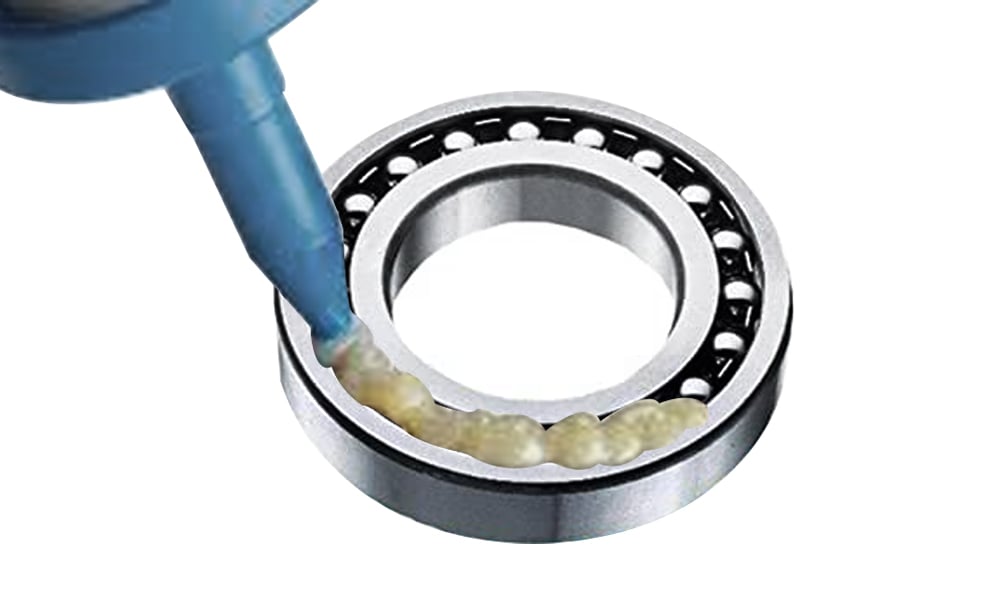 How Much Grease to Put in Bearings: A Comprehensive Guide
How Much Grease to Put in Bearings: A Comprehensive Guide -
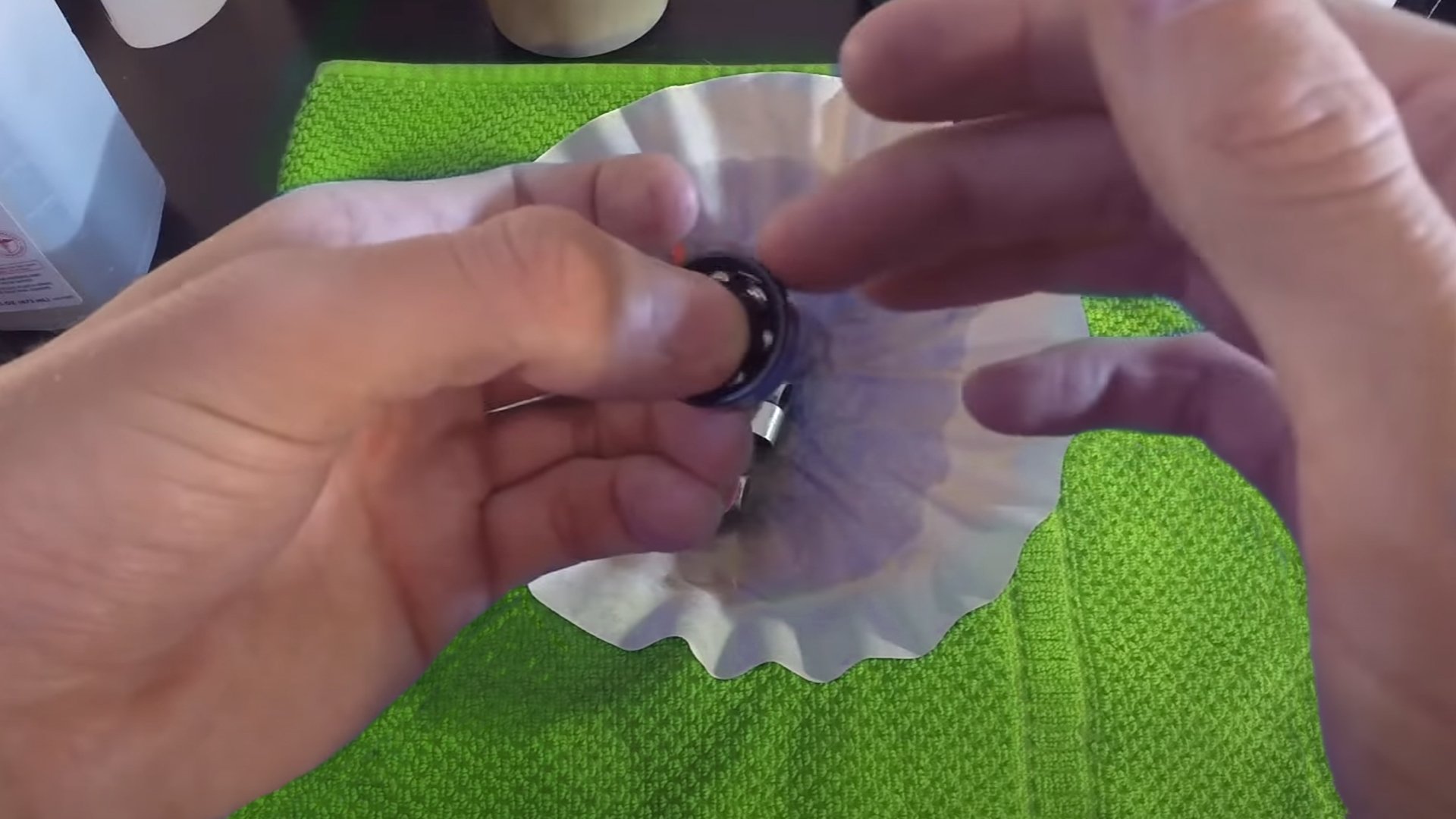 How to Clean Ceramic Bearings?
How to Clean Ceramic Bearings?


